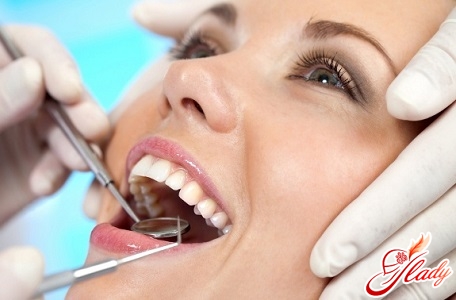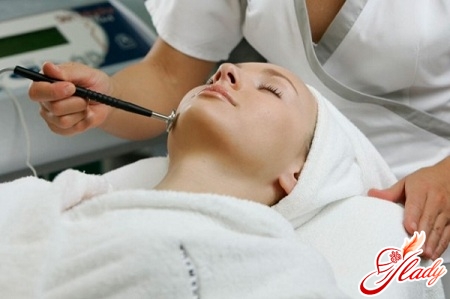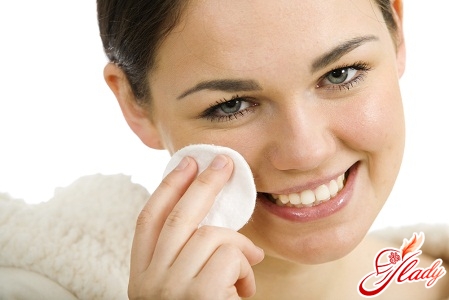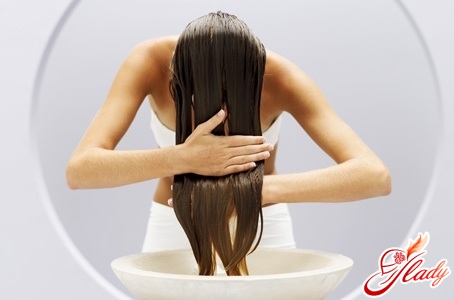
Professional oral hygiene -preventive measures, which should be carried out regularly and regardless of the age of the person and the condition of his teeth. The main goal of oral hygiene is the removal of plaque. However, this can not always be achieved solely on their own. An important part of dental treatment for every person is professional oral hygiene, which is carried out by a hygienist. For good health, you should visit a hygienist at least twice a year.

Professional oral hygiene
Professional hygiene is a service thatis provided in almost all clinics, but not all companies include it in the complex treatment. The patient must remember that performing this procedure is an integral part of the complex of procedures for caring for his health, which helps to prevent the risk of dental diseases. Clinical experiments show that the accumulation of plaque leads to inflammation of the gums, and its removal leads to their complete recovery. The procedure for professional dental care includes the following components:
After the procedure, your teeth will haveattractive white color. After carrying out professional cleaning, remineralizing therapy can be carried out with the help of fluorine applications to strengthen the enamel. Equally important is education, which can include training in proper dental care, help in selecting gum care products, and personal dietary advice. The hygienist can also help choose a paste, brush or rinse that will be most useful for the patient. When should the teeth be cleaned? It is advisable to visit a hygienist before starting dental treatment. Why?
How often should I see a hygienist? The hygienist should be visited at least 1 time in six months. Thus, the beauty and attractiveness of the dentition will last much longer. To reduce the risk of the disease, the patient should maintain the condition of the oral cavity in perfect purity. Therefore, in the course of orthodontic treatment it is better to visit the hygienist once in 3 months. It is equally important to maintain good teeth during pregnancy. Patients with heart disease and smokers should go through this procedure even more often, since the gums are more sensitive, and the plaque is more intense. For patients with non-removable dentures, professional cleaning is equally important, since prostheses also form plaque, which can be completely removed only during treatment. It is much better to monitor your teeth, turning to a hygienist, than spending a lot of time and money on treatment. 
Personal hygiene of the oral cavity
Professional hygiene alone is not enough. The most necessary condition for the good health of your teeth and gums is the maintenance of proper oral hygiene. Healthy teeth are not just a desirable component of good looks. This is still a guarantee of good health and well-being in general. Correct daily prophylaxis, namely the correct use of a toothbrush and a thread will help reduce the risk of diseases. These daily procedures are less expensive than the treatment of diseases that could be detected and cured at an early stage. In addition to regular visits to the dentist to maintain good oral health, everyone should follow simple recommendations that significantly reduce the risk of disease. Here are some of them:









